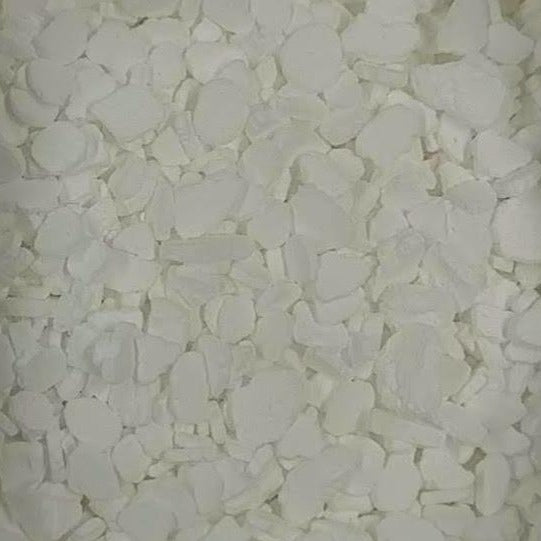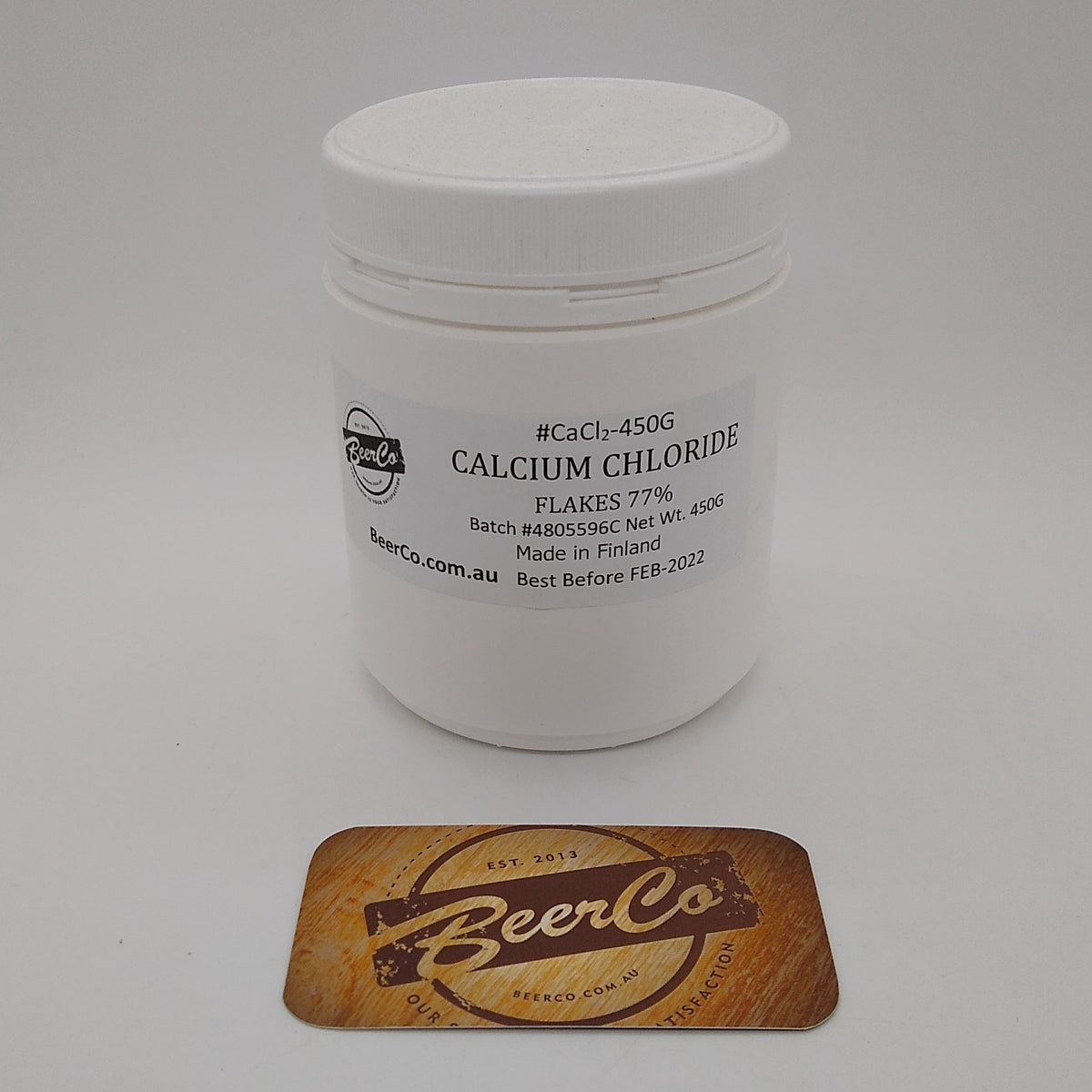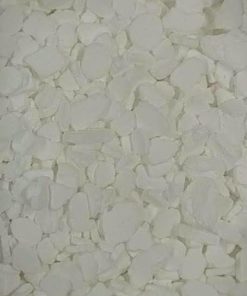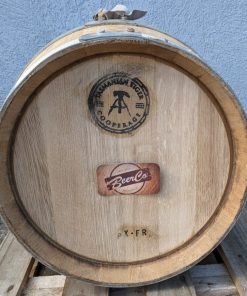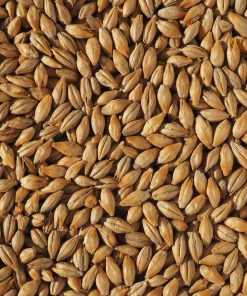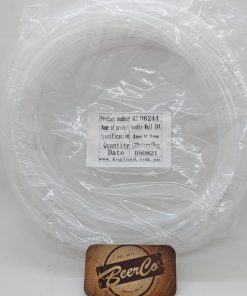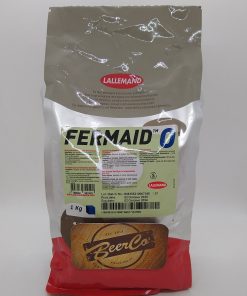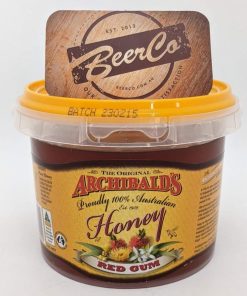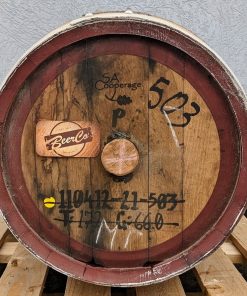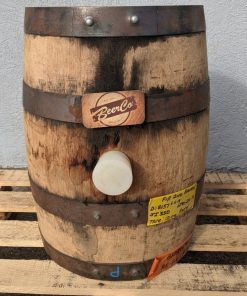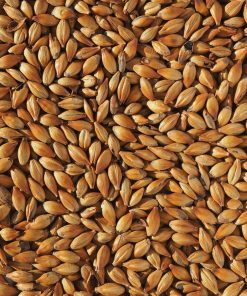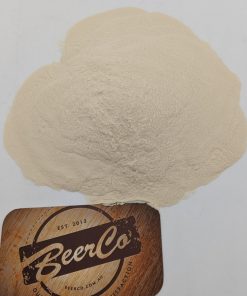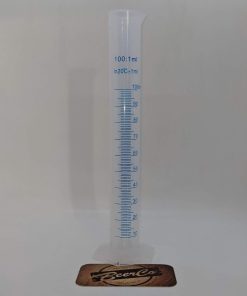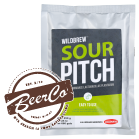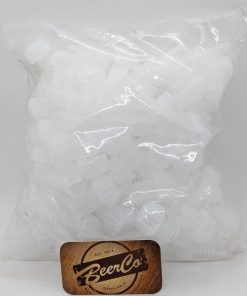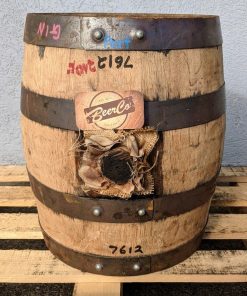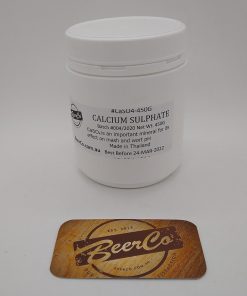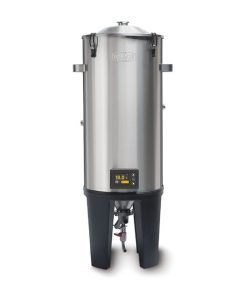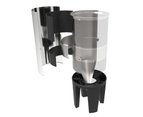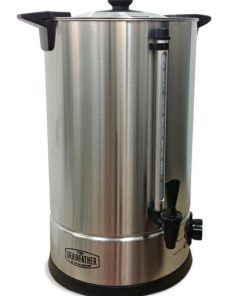Calcium Chloride Redox
$ 7,95 $ 4,77
Calcium Chloride is one of the primary components in the measurement of permanent water hardness (also known as non-carbonate hardness).
Proper calcium levels in beer can lower pH, preserve mash enzymes, increase extract yield, improve yeast growth and flocculation, accelerate oxalate removal, and reduce color. The chloride ion is believed to promote a palate fullness, sweetness, or mellowness within the flavor profile of beer.
Useful for adding Calcium if the water is low in chlorides.
Pack Sizes:
- 450g Plastic Jar
Permanent water hardness is defined by the sum of all calcium and magnesium ions associated with anions such as chloride or sulfate. This part of water hardness is referred to as “permanent” due to the fact that it will not precipitate under the influence of heat. Therefore, calcium chloride is also one of the primary salts used for the boosting of calcium levels in beer.
Most water sources contain some calcium chloride; however, rarely do you find it without other components such as carbonate or sulfate present in significant amounts. Dortmund, Germany, is an example of a water source that has a high calcium chloride content and demonstrates those properties attributable to calcium chloride.
Sauces of Brewspiration & Further Reading & References:
Bernstein, Leo, and Willox, I. C. “Water.” In The practical brewer, ed. Harold M. Broderick, 13–20. Madison, WI: Master Brewers Association of the Americas, 1977.
Kerwin, Larry. “Water.” In MBAA practical handbook for the specialty brewer, volume 1: Raw materials and brewhouse operations, ed. Karl Ockert, 7–12. Madison, WI: Master Brewers Association of the Americas, 2006.
Kunze, Wolfgang. “Raw materials.” In Technology brewing and malting, 2nd ed., 69–73. Berlin: VLB Berlin, 1999.
Calcium Chloride is one of the primary components in the measurement of permanent water hardness (also known as non-carbonate hardness). Permanent water hardness is defined by the sum of all calcium and magnesium ions associated with anions such as chloride or sulfate. This part of water hardness is referred to as “permanent” due to the fact that it will not precipitate under the influence of heat. Therefore, calcium chloride is also one of the primary salts used for the boosting of calcium levels in beer.
Proper calcium levels in beer can lower pH, preserve mash enzymes, increase extract yield, improve yeast growth and flocculation, accelerate oxalate removal, and reduce color. The chloride ion is believed to promote a palate fullness, sweetness, or mellowness within the flavor profile of beer. Most water sources contain some calcium chloride; however, rarely do you find it without other components such as carbonate or sulfate present in significant amounts. Dortmund, Germany, is an example of a water source that has a high calcium chloride content and demonstrates those properties attributable to calcium chloride.
Pack Sizes:
- 450 gm Plastic Jar
- 25 Kg Bag (SAVE 55% OFF 450g Price)
Further reading and resources:
Haggerty, John Calcium Chloride Craft Beer and Brewing Magazine
Palmer, John How to Brew – Using salts for brewing water adjustment
| Size | 450g, 25 Kg |
|---|
Fast shipping and professional packing
We offer a wide range of shipping options due to our long-running partnerships with UPS, FedEx and DHL. Our warehouse staff are highly trained and will package your items according to our precise and precise specifications. Before shipping, all goods are thoroughly inspected and securely secured. Every day we ship hundreds of packages to our customers from all over the world. This is a sign of our commitment to be the largest online retailer worldwide. The warehouses are located situated in Europe as much as they are in USA.
Note: Orders containing multiple items will have a different processing period for each item.
Before shipping the items, our staff will carry out an extensive inspection of the products you have ordered. The majority of orders are delivered within 48 hrs. The delivery time should be between 3-7 working days.
Returns
We don't manage the stock in our factory and warehouse. Actual stock levels may fluctuate at any moment. Be aware that it's possible that your order will be out of stock after you have placed the order.
Our policy is for 30 days. Unfortunately, if 30 days have passed from the date you purchased the product, we are unable to offer you a return or exchange.
The item must not be used, and it must be in the original packaging. It must also be in the original packaging.
Related products
Equipment
Equipment
Brewing Aids
Equipment
Brewing Aids
